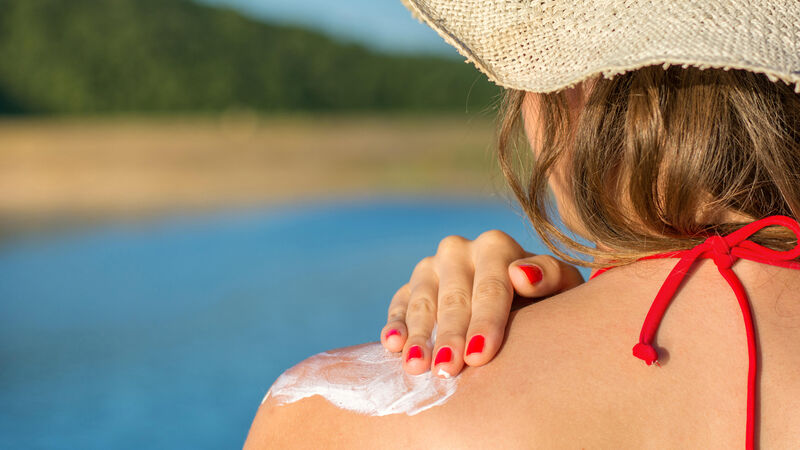5 tips to avoid skin cancer

Almost 13,000 people are diagnosed with skin cancer every year in Ireland.
THE most common form of cancer in Ireland, almost 13,000 people are diagnosed with skin cancer each year.
There are two main types: melanoma and non-melanoma. While melanoma is less common, it’s also more deadly, and stats from Cancer Research in the UK show that the vast majority of cases (86%) are preventable.
“Skin cancers can also occur from a genetic predisposition, where mutated skin cells rapidly divide and grow into tumours.”
That’s why it’s so important to be aware of the risk factors - and why Sun Awareness Week is held annually at the start of May, ahead of the summer months.
Here, Nakhla sets out five things he wants everyone to know about staying protected and preventing skin cancer...
“The majority of sun damage occurs in childhood, which manifests as skin cancer later in life,” Nakhla says. “Thus, it is crucial to protect children from sunburns and overexposure to sun.”
Parents should use SPF 50 on kids - or better yet keep them covered with UV protection clothing when they’re in the sun.
During summer or while on holiday, it’s best to stay in the shade when UV rays are strongest, from 11am to 3pm.
Sunscreen should be applied at least 15 minutes before any sun exposure - and don’t scrimp on the lotion.
“It is important to not only wear sunscreen, but to wear enough of it,” Nakhla says.
As a rough guide, he advises: “A teaspoon for the face. A full shot glass for the body.”
It’s not enough to slather yourself in sunblock first thing in the morning then forget about it.
“Reapplication is key when extended hours are planned in the sun,” Nakhla says.
“One should reapply every two hours or so, depending on activities - swimming, volleyball or other sweaty activities may require more frequent reapplication.”
“While lighter skin types are more prone to developing skin cancer, all skin types can develop skin cancer, including the deadliest type - melanoma,” Nakhla explains.
Whatever your skin type, you should still use sunscreen and never let skin burn.
This is the mantra of skin cancer specialists who recommend keeping an eye on moles (especially if you have a lot), watching out for any changes in shape, size, colour or texture.
If in doubt, consult your GP, who may refer your to a specialist for further investigation.
Nakhla says: “A yearly skin exam by a board-certified dermatologist is critical for early detection and early treatment, particularly for those who have a family history.”







 App?
App?


